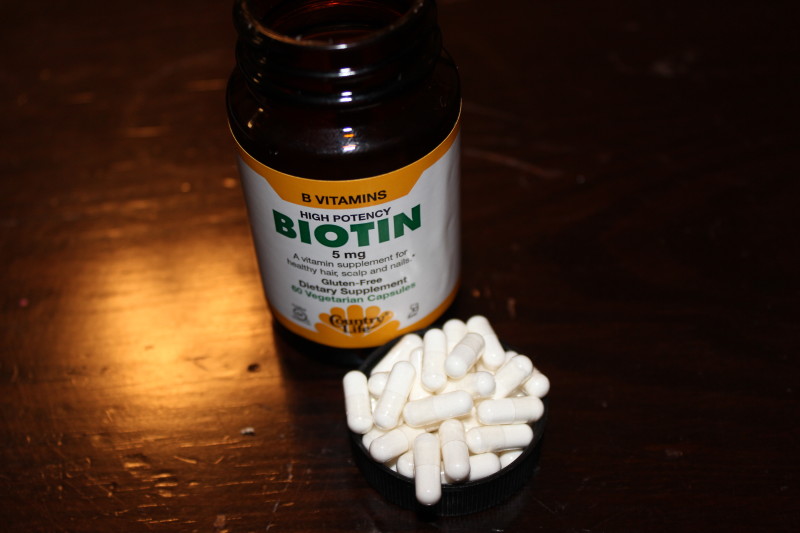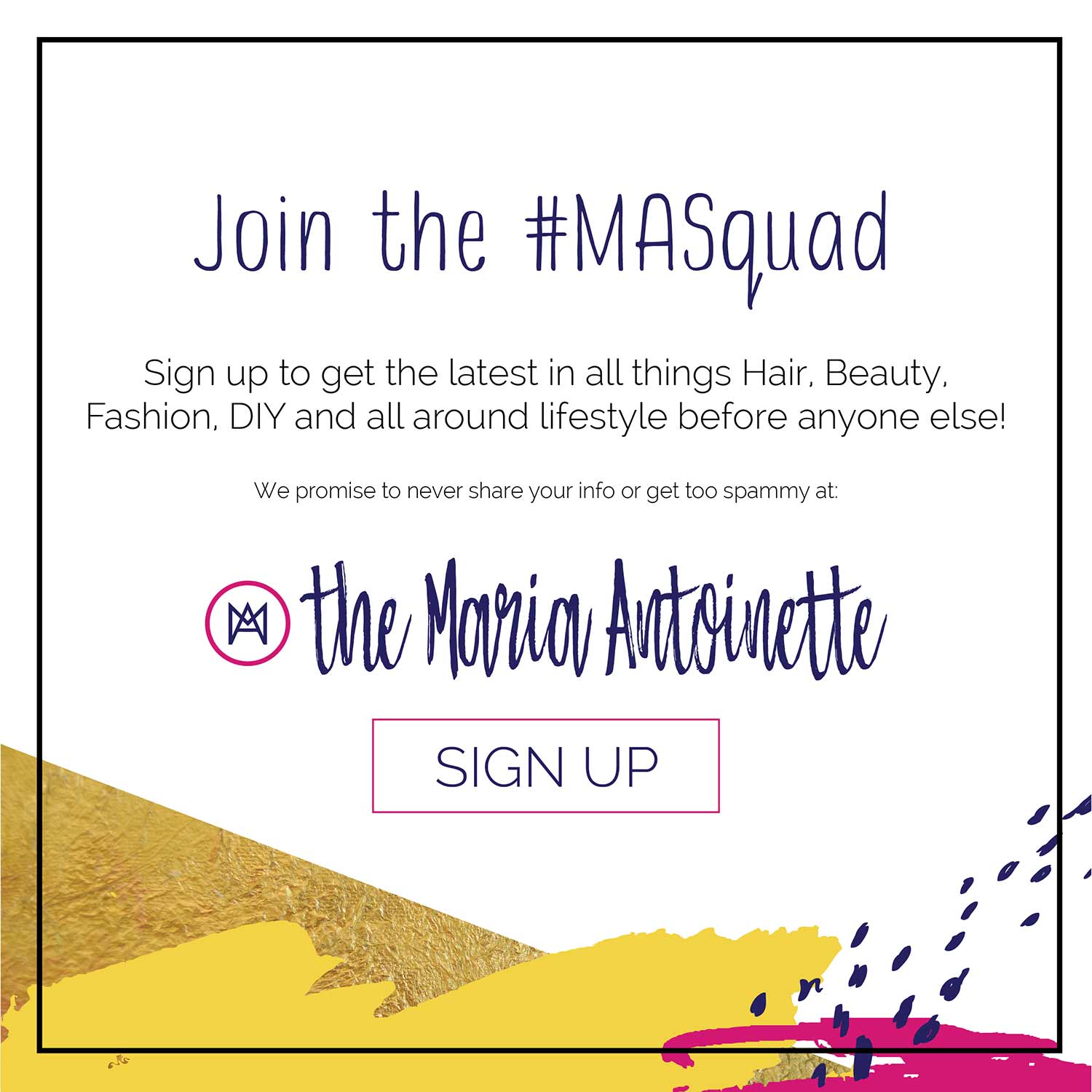On the heal of our Annual Health Risk assessment I felt it was only natural to share the abundance of information I am learning about vitamins and supplementation. I want to touch on the major vitamins, their benefits, their risk, and what they do best. I am also going to talk about the alternative to taking vitamins. So to start this series off lets talk Biotin!
We all have heard something about Biotin, be it good or bad. Today I am going to give some facts on this incredible supplement: the type of vitamin it is, the important role Biotin plays in your body, and the best time of day you should take it.
Biotin is a water-soluble member of the B-vitamin family; it is also known as Vitamin B7 or Vitamin H . Usually, you can get enough biotin in your diet through foods such as oatmeal, egg yolks, soy products, organ meats, bananas, peanuts and brewer’s yeast. Biotin is critical to the formation of fatty acids and glucose and the metabolism of amino acids and carbohydrates. Taking Biotin may halt symptoms of Biotin deficiency. Biotin deficiency is rare but can cause serious complications.
Biotin deficiency symptoms:
- hair loss
- dry skin
- brittle hair
- fungal infections
- seborrheic dermatitis /rashes
- fatigue
- anemia
- nausea
- appetite loss
- conjunctivitis
- depression
- dandruff / psoriasis / eczema
- loss of muscular reflexes
Biotin deficiency is important to treat right away because it can cause severe problems if it is left untreated, such as: changes in mental status, muscular pains, hyperesthesias (abnormal increase in stimuli) and parenthesia (sensation of tingling skin), lethargy, hallucinations, and numbness and tingling in extremities.
Note: You should always contact your physician about your symptoms before trying to self-treat or to determine if Biotin will benefit your particular condition.
Benefits of Biotin:
- healthy hair
- decrease acne
- strengthen brittle nails
- diabetes – Supplementation of biotin can help improve and lower blood sugar levels.
- helps with eczema
- decrease hair loss
- helps with mild depression
- skin rash in infants (also known as seborrheic dermatitis)
Since Biotin is a water-soluble member of the B-Vitamin family it is best to take Biotin with your first meal of the day. Vitamin B is known for an influx of energy so consuming Biotin before bed time could make for a restless night.
What are the risks of taking biotin
- Side effects. Biotin seems to be safe and well-tolerated, even at fairly high levels. The maximum safe dose of biotin is unknown.
- Risks. If you have any medical conditions — or are pregnant or breastfeeding — check with a doctor before using biotin supplements. Don’t give biotin to a child unless a pediatrician recommends it.
- Interactions. If you take any medicines regularly, talk to your doctor before you start using biotin supplements. Biotin might weaken the effect of some cholesterol medicines. Conversely, many drugs can lower biotin levels, including some antibiotics and medicines for acne. Some epilepsy medicines may decrease biotin absorption from food. A supplement, lipoic acid, may also increase the need for biotin. Eating raw egg whites on a regular basis can also lower biotin levels in the body.
I originally started taking Biotin because I wanted to strengthen my hair and nails. While it is the most common vitamin added to hair and nail beauty products, this vitamin has proven to be so much more for me. The older people get the harder it is for the body to absorb vitamins. This means that healthy supplementation is a good way to ensure that proper vitamin levels are maintained.
Recommended daily Biotin intake:
| Category | Biotin: Adequate Intake (AI) |
|
0-6 months |
5 micrograms/day |
|
7-12 months |
6 mcg/day |
|
1-3 years |
8 mcg/day |
|
4-8 years |
12 mcg/day |
|
9-13 years |
20 mcg/day |
|
14-18 years |
25 mcg/day |
|
19 years and up |
30 mcg/day |
|
Pregnant women |
30 mcg/day |
|
Breastfeeding women |
35 mcg/day |
The statements have not been evaluated by FDA and are not intended to diagnose, treat, cure or prevent any disease or medical condition. The information provided through this website should not be used for diagnosing or treating a health problem or disease. It is not a substitute for professional care. If you have or suspect you may have a medical problem, you should consult your appropriate health care provider. Links on this website are provided only as an informational resource, and it should not be implied that we recommend, endorse or approve of any of the content at the linked sites, nor are we responsible for their availability, accuracy or content. Any review or other matter that could be regarded as a testimonial or endorsement does not constitute a guarantee, warranty, or prediction regarding the outcome of any consultation.
Latest posts by Maria Antoinette (see all)
- 10 Romantic Date Night Ideas For Any Time of The Year - January 26, 2023
- Tips To Help You Reconnect With What Brings You Joy - January 19, 2023
- Planning A Road Trip? Here Are Some Key Tips You Should Know - January 12, 2023



